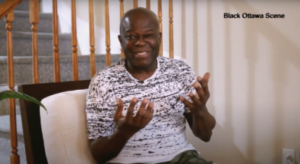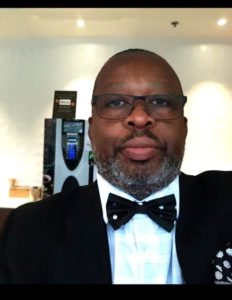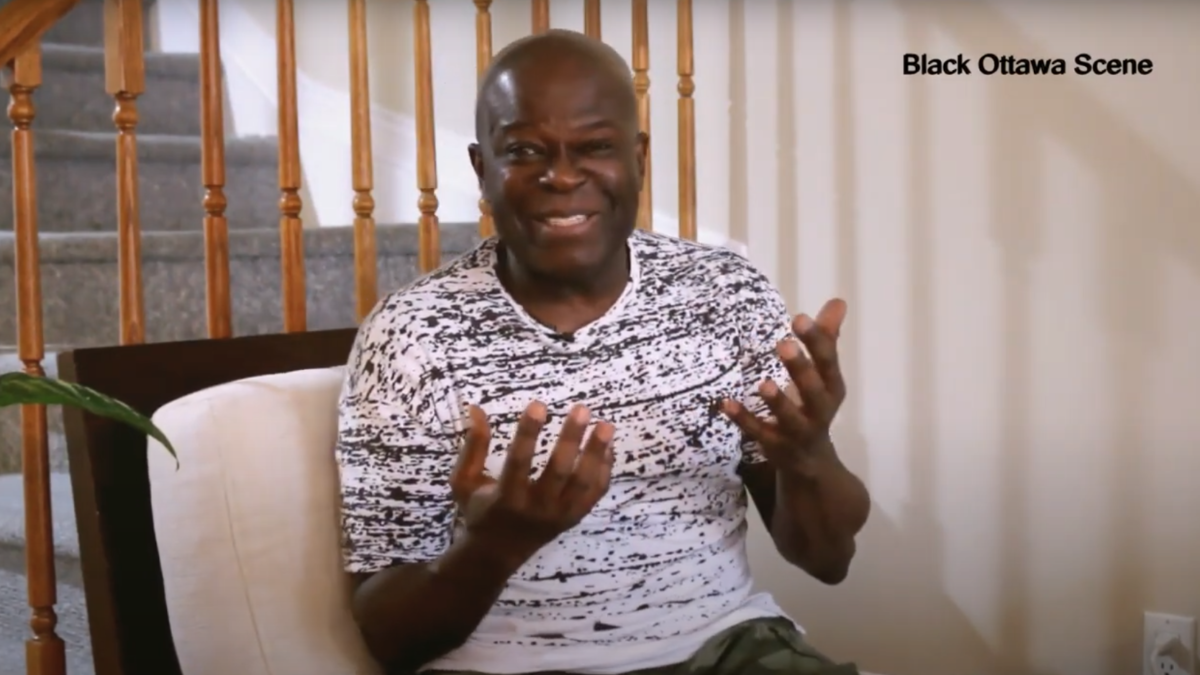

Thursday 31 January 2024
Diversity & Demography: keys to our common (crafted or destined) future.
By Kwaku Kusi-Appiah & Kojo Allan
Canada: a shared heritage
The country, Canada, and its geo-political space has been frequented by different peoples throughout history. Indeed, the influx of ‘different’ peoples from different places impacted large-scale fishing, trapping, and trading in furs and other commodities, as well as large-scale farming. The hybrid effect of such interactions triggered a Canada in 1867. Persons of diversity (including peoples of Black ancestry) arrived and contributed variously to the nexus of the socio-economic and political character of Canada. This cocktail of influences has crafted certain values in Canadians namely, democracy, political equality, political freedom, rule of law, rule by the majority amidst a respect for minorities and the appreciation of diversities, equity, balancing collectivism and individualism, deference, and non-violence.
Matthieu DaCosta’s African Heritage
The future that Canada was destined to have, was impacted by the person of Mathieu DaCosta (originally from El-mina in Ghana). Studies show that Mathieu DaCosta’s great-great-great-great grandfather was one of the free men who accompanied the Portuguese noble and explorer, Don Diogo D’Azambuja, back to Portugal after Don Diogo constructed the fortress named Sao Jorge da Mina (renamed Elmina Castle) at the Gulf of Guinea in then Portuguese Gold Coast (now Ghana).
Mathieu DaCosta was a member of the exploring party of Pierre Dugua, the Sieur de Monts, and the famed Samuel de Champlain, in the early 1600s. Mathieu was favoured by explorers for his multilingual talents. His portfolio of languages included Dutch, English, French, Portuguese and pidgin Basque, the dialect many Indigenous people used for trading purposes. A CBC Kids team stated in a January 2023 article on Black History Month that DaCosta also spoke the Mi’ kmaq language and a mixed French-Spanish dialect, used by fishers on the Atlantic coast. They also pointed out that there is a plaque at the Port-Royal National Historical Site in Nova Scotia, honouring DaCosta’s life and the time he spent there. They further report that streets in Montreal, Quebec City and Halifax have his name, and a francophone primary school in Toronto. Canada Post has also created a stamp with DaCosta’s picture on it. Mathieu was instrumental in bridging the language barrier between the Indigenous people and the early Europeans immigrants. Like his forebears, Mathieu DaCosta had previously voyaged, numerously, up the St. Lawrence River and along the coast of present-day Atlantic Canada.
It is patent that the likes of Mathieu DaCosta and Samuel de Champlain shaped the destiny of Canada and enriched it with their difference and contributions – a tradition of multiculturalism, which has continued to date. They set an example of how people of diverse backgrounds could build a proud country. Their example provided a template and outlined a process for ‘reaching out’ to all sides of a mixed-multiethnic society. Their humble beginnings did not only shape a country, but also revealed the virtue of collaborative work for all humankind. Their experiments ensured that we have warm clothes and warm beds, to fend off the elements, know where to reside and to survive in minus 40-degree Celsius weather conditions.
Paradigm set
Immigration to Canada has not abated. The 20th century saw the influx of people of Mathieu’s ancestry, when immigration from traditional sources began to wane. Under the old paradigm, non-traditional immigrants suffered from numerous factors, including perception flaw: here, the proponent considered itself, as an ‘outsider,’ on a short sojourn. In its simplest form, the proponent is seen as emigrating from an ancestral home to be a temporary condition.
This formulation/mindset influences recently arrived immigrants. They strenuously maintain ties ‘back home’ and make sure to promote the ‘homeland,’ in all aspects of their lives. Any immigrant who attempts to assert the ‘homeland’ activity within the wider Canadian society, was considered a ‘sellout’ at best, and a ‘tom’ at worst. Also, this old paradigm rested on the assumption of a citizen whose identity ought to be cast in stone – i.e., wherever your ancestors were born, that is your home. Further, the old paradigm labored under the false assumption that, the intended brief relocation from the homeland to a safe haven, like Canada, will magically improve conditions in the motherland, to foreshadow a return to where ‘one belongs’.
Paradigm shift
Recent Canadians of non-European ancestry nurture a shift in paradigms. They re-evaluate the destination country (i.e., Canada) as a place of opportunity and permanency, and not a temporary abode. In this formulation, the new Canadian feels obligated to participate fully in the socio-economic system of this country, for dual impact.
Conclusion
Canadians understand the importance of diversity and strive to reach the standards set by our forebears (including Matthew DaCosta of Black ancestry). Indeed, diversity is about obtaining a deeper understanding of each other – an appreciation for who we are, and an acceptance that we are all in this tous ensemble! This is enshrined in the core concept of multiculturalism. This requires a much deeper and broader reflection of our experiences. It does not admit to being tardy or having a laid-back, watch-and-see attitude. It requires selflessness and a full embrace. Our commitment must extend to all citizens, regardless of socioeconomic standing, ethnicity or religion. Ultimately, we need to build an environment of inclusion, in this geo-political space – it is ours to discover, as demonstrated by Mathieu DaCosta!
Kwaku Kusi-Appiah is a demographer by training and a human geographer with particular interests in the impacts of the relationships between humans and their environments. His academic research seeks to analyse the political ecology of water access and use in Indigenous communities around the world. Dr. Kusi-Appiah is an adjunct professor at Carleton University’s Faculty of Social Sciences.
Kojo John Allan is a Barrister and Solicitor, licensed by the Law Society of Ontario, since 2012. His legal practice started in 2006, when he was placed on the Roll of Lawyer in the Republic of Ghana. Kojo’s legal practice focuses on the disadvantaged, family law, and on some Immigration matters. He also deals in aboriginal matters.

